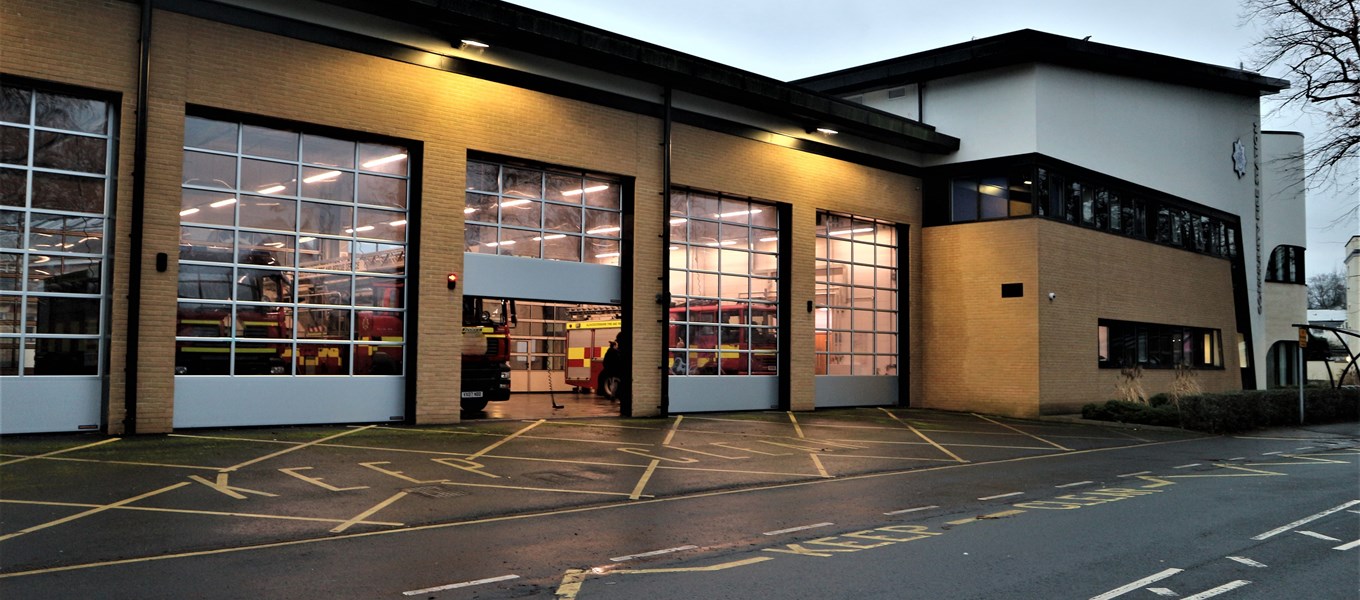Urban Governance
Smart data can shape city planning and policymaking on diverse urban issues, such as public transportation, waste management, and social service delivery.
Our research investigates where and how smart data reconfigures urban governance processes, and what related opportunities and challenges arise from this. Our work is concerned with the effective coordination of complex data-based knowledge processes, across organisational and spatial boundaries, alongside traditional data gathering.


Governing the future city
UK cities have embraced digital governance under the banner of ‘smart city’ and local authorities are seeking new ways to mobilise big data to facilitate and improve infrastructure planning, public service delivery and political decision-making.
%201.svg)

Facility location modeling in future cities
Siting key facilities, such as hospitals and fire stations, in the right locations is vital for providing the services we need. In this project, we develop and apply spatially-explicit location models to assist with decision-making concerning site selections.
%201.svg)

Smart city standards in local practice
An evaluation of the implementation of smart city standards in a variety of UK municipal contexts. This project seeks to analyse what contribution smart city standards make to urban planning and development.
%201.svg)

Administrative “big” data and unequal access to public services
This project brings research on unequal access to public services into the digital age.It examines how citizens interact with local service providers and how accurately these interactions represent local needs.
%201.svg)

Scottish local government during COVID-19
The Urban Big Data Centre carried out an in-depth analysis of data engagements by Scottish local authorities between autumn 2020 and spring 2021 as gathering information, collecting evidence, and generating intelligence was central to how local authorities responded to the COVID-19 crisis.
%201.svg)
Jointly funded by
%20copy.png)
.png)





